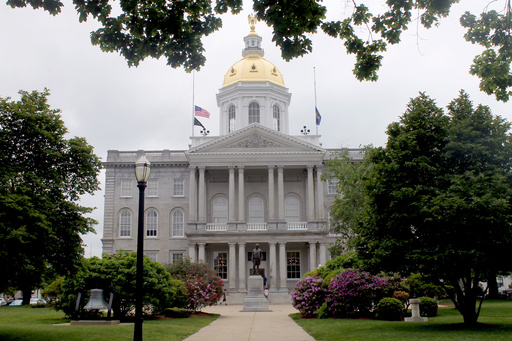New Hampshire’s state primaries on Tuesday will offer a glimpse into the political landscape of the small New England state. Despite the state’s history of voting for Democratic presidential candidates, it has also shown support for moderate Republicans like Governor Chris Sununu. The upcoming primaries will feature competitive races, including the gubernatorial and congressional contests, setting the stage for a revealing general election.
On the Republican side, the gubernatorial primary will see Kelly Ayotte, a former U.S. Senator, facing off against former state Senate president Chuck Morse, who has emphasized his endorsement of Donald Trump. In the Democratic gubernatorial primary, former Manchester Mayor Joyce Craig will compete against Cinde Warmington and businessman Jon Kiper. The 2nd Congressional District, known for leaning more Democratic, will see a crowded Republican field and a competitive Democratic primary between Maggie Goodlander and Colin Van Ostern.
Voters in New Hampshire’s primaries must be registered with a political party to participate in that party’s primary, while independent or undeclared voters are eligible to participate in any primary. The state’s voting system reports results at the township level, with the majority of votes typically counted on election night. Turnout data from previous elections shows a mix of in-person and advance voting, with varying percentages between Democratic and Republican primaries.
The state’s diverse political landscape and independent streak make New Hampshire’s primaries a focal point in the lead-up to the general election. The Associated Press will provide coverage of the primary results and offer analysis on the outcomes, highlighting key races and potential implications for the state’s political future.
